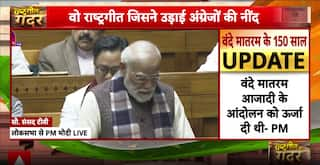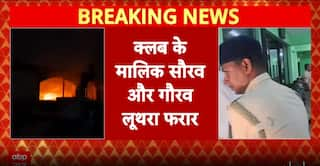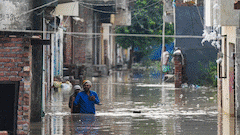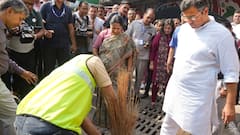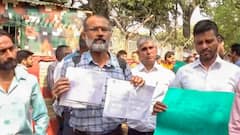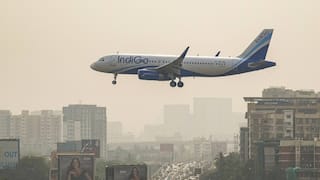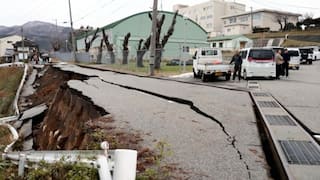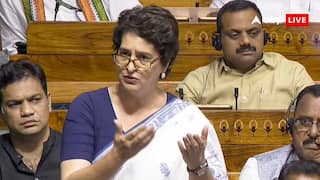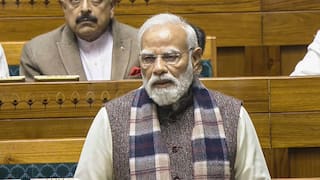Parking Fees Set To Rise In Delhi-NCR As CAQM Invokes Restrictions Under GRAP-2 — All About Curbs
Under GRAP-2 restrictions, parking fees will be hiked to discourage private transport, enhancing reliance on CNG/electric bus and metro services to combat the imminent pollution threat in Delhi-NCR.

In anticipation of a likely surge in air pollution levels in the coming week, the Commission for Air Quality Management has invoked restrictions under GRAP-2 (Graded Response Action Plan) in the Delhi-National Capital Region (NCR) to tackle the air pollution situation, news agency PTI reported. These forecasts suggest that Delhi's overall air quality is likely to deteriorate, entering the 'very poor' category on October 23 and 24 due to unfavorable meteorological and climatic conditions.
Under GRAP-2 restrictions, several measures will be implemented to combat the imminent pollution threat. The ban on the use of coal and wood-fired stoves is set to be enforced. Moreover, the frequency of CNG (Compressed Natural Gas) and electric buses will be increased to promote cleaner modes of transportation. Additionally, authorities will oversee the regular cleaning of roads and the sprinkling of water to suppress dust, while traffic police personnel will diligently manage traffic flow to avert congestion and reduce pollution levels.
Stage II of the pollution control plan also involves hiking parking fees to discourage private transport, enhancing reliance on CNG/electric bus and metro services.
The 24-hour average air quality index (AQI) in Delhi stood at 248 on Saturday.
In response to these projections, the panel has invoked measures under Stage II of GRAP, extending them to the entire NCR in addition to the steps already implemented in Stage I. The order stated, "All actions as envisaged under Stage-II be implemented in right earnest by all the agencies concerned in NCR with immediate effect, in addition to all Stage-I actions of GRAP already in force."
GRAP classifies actions into four stages based on the air quality index:
- Stage I – 'Poor' (AQI 201-300): Involves suspending work at private construction and demolition projects of 500 square meters or more, enforcing a ban on coal and firewood in 'tandoors,' taking punitive action against polluting industrial units, and ensuring proper dust mitigation at construction sites.
- Stage II – 'Very Poor' (AQI 301-400): Requires increasing parking fees to discourage private transport and enhancing CNG or electric bus and metro services.
- Stage III – 'Severe' (AQI 401-450): Prohibits BS-III petrol and BS-IV diesel four-wheelers, bans construction and demolition work, and restricts the entry of certain vehicles.
- Stage IV – 'Severe Plus' (AQI >450): Encompasses a total halt on construction and demolition work, allowing state governments to decide on online classes and work-from-home arrangements.
This comes as the National Green Tribunal (NGT) has issued notices and sought action-taken reports from several authorities, including the Delhi chief secretary, Union environment ministry and MCD, in a matter regarding the deteriorating air quality in the national capital.
The NGT issued the notices while hearing a matter where it had initiated suo motu (on its own) proceedings based on media reports on the deterioration in Delhi's Air Quality Index (AQI) and violations of the Graded Response Action Plan (GRAP), under which stricter measures are taken to curb air pollution during winter, PTI reported.
ALSO READ | NGT Demands Reports On Deteriorating Air Quality In Delhi, Writes To Punjab On Stubble Burning










